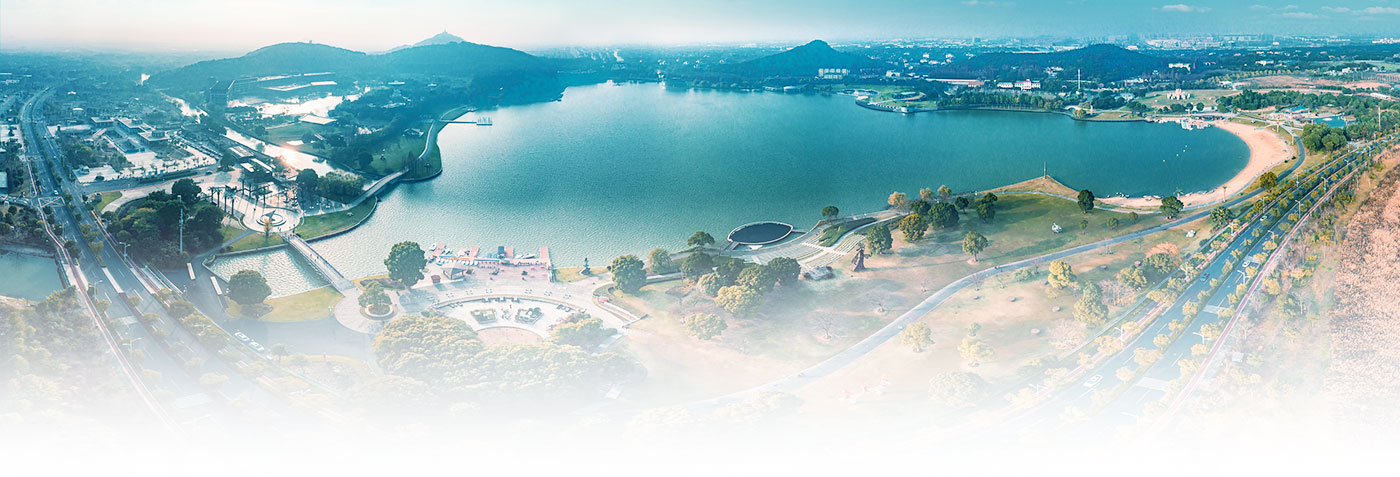 Explore Sheshan
Explore Sheshan To the southwest of Sheshan Mountain and north of Xiaokun Mountain, Tianma Mountain is the first peak of the nine peaks. It is 98.2m above sea level. Its circumference is 2.5km and area is about 120ha.
Xiaokun Mountain is at the southernmost tip of the nine peaks. It is 54.3m above sea level. Its circumference is 1.5km and area is about 33.3ha. When looking over it, it is like an inverted basin in a shape of "8". When seen from distance, it is like a lying ox.
With Tongbo to the east, Yuping (Xueshan Mountain) to the west, Sheshan Mountain to the south and Beigan to the north, Phoenix Mountain is 51.1m above sea level. Its area is about 26.6ha. It got its name because it looks like a flying phoenix.
It is about 2km southwest of Sheshan Mountain. To its east is Chenshan Pond. At its southern foot lies the old Chenshan town. The mountain is 69.8m above sea level. Its area is about 20ha.
Also known as Hengshan Mountain, it is to the north of Xiaokun Mountain and south of Tianma Mountain and about 2km from Jishan Mountain. It is 68m above sea level and covers about 53.3ha of land.
With East Sheshan Mountain to its south and Phoenix Mountain to its south, the mountain is 74.1m above sea level. Its circumference is about 1.5km. Its area is about 26.6ha.
With Tianma Mountain to its east, Jishan Mountain is 38.9m above sea level and covers about 7ha of land. It is named after Lu Ji, a famous writer in the Western Jin Dynasty (AD 265~316).
During the reign of Emperor Jiajing in the Ming Dynasty (AD 1522~1566), Japanese pirates often invaded China's southeastern coast and plundered and did harm to local people. Today's Congming, Songjiang, Qingpu and Jiading all suffered from the intrusion of Japanese pirates.